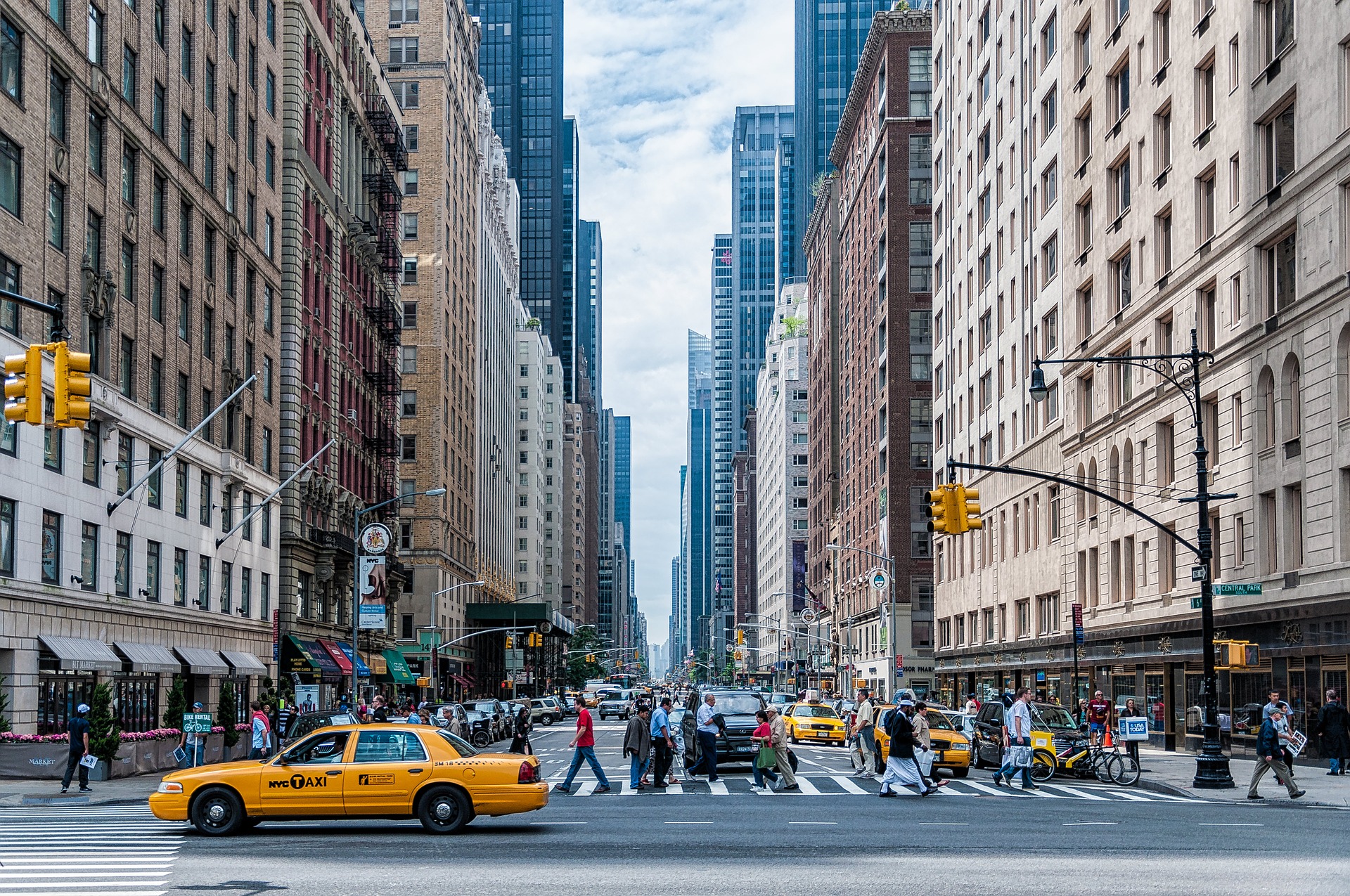American Cities Are Drowning in Car Storage
In America, a culture hyper-focused on cars prevails. It is necessary to have one even if one doesn’t particularly need a vehicle for the daily commute. Naturally, parking woes arise. Cities and towns alike invest hugely in building functional parking spaces to meet their needs, but is that really a viable solution? New research has shown that there are an abundance of parking space in American cities.
A 2018 report by Eric Scharnhorst at the Research Institute of Housing America has shown that parking spaces are massively oversupplied and cause the nation to waste money on them instead of gaining any profit. They are almost a way that cities are mistakenly squandering precious tax dollars.
What are the statistics?
There exist over 2 million parking spaces in Philadelphia, 1.85 million in New York, 1.6 million in Des Moines, and even 100,000 in the tiny region of Jackson. In Philadelphia, then, there is an average of 3.7 parking spaces for every household, which is wholly unnecessary, but this number goes up to 27 in Jackson.
Jackson also has a residential density of 2 houses per acre but boasts an overwhelming 50 parking spaces an acre. New York is the only region among these 4 that has a reasonable supply of parking spaces, standing at 0.6 per household.
When the expenses spent on these spaces are calculated, Jackson spends over $200,000 per household just on parking space in tax. Seattle spends $100,000 per household and Des Moines spends $75,000. Meanwhile, New York and Philadelphia, with less density of parking supply, spend $30,000 per household.
What are the issues?
The perception of cities having inadequate parking spots likely persists because parking is generally underpriced or even free. Garages usually charge more money than on-street parking, so most people automatically choose the latter, causing them to fill up a lot faster.
This also means that people circle the block looking for cheap parking space and contribute to increasing traffic instead of parking in paid garages. While most of the parking space in America e.g. New York, with access to the best of jobs, consists of expensive garages, these mostly stand empty. One garage analyzed in the study, for example, was 92% empty for most of the day.
Some inertia also persists in the minds of old-fashioned city builders, Scharnhorst insists. This inertia is starting to fade, though, with a new generation of city planners coming up who are aware of the problem and eager to provide solutions.
What is the solution?
One solution to reduce the need for Parking space in America, is to live near one’s workplace, but that is not always possible for everyone. The only viable solution, then, is to reduce the construction of parking spaces itself. Most states have rules that state that a certain amount of parking space in America must be built with any kind of new building. Minneapolis, Kansas City, Nashville, and many other states have eliminated parking minimums in one neighborhood at least, while Connecticut has eliminated it across the state.
The lending industry also tends to take into account outdated parking formulas to finance construction. On the other hand, Seattle’s city council has passed a resolution to decouple the costs of parking and renting – the requirements for builders to build parking spaces are reduced to allow for more affordable housing, while renters can choose to pay for the spaces only if they use them. These kinds of changes are likely to change the mindset of those in the lending industry.
In general, fewer cars being on the road will also create the illusion of more parking spaces even in free parking lots. With ride-sharing apps like Uber on the rise, Americans have begun to drive less, whether it is to avoid car loans or to reduce pollution.
In places like Seattle where there is an urgent need for affordable housing but 40% of the land area is taken up by parking spaces, there is a dire need to fix this problem. In cities with more than enough parking spaces, resources should be invested in smart parking, not creating more parking spaces.

